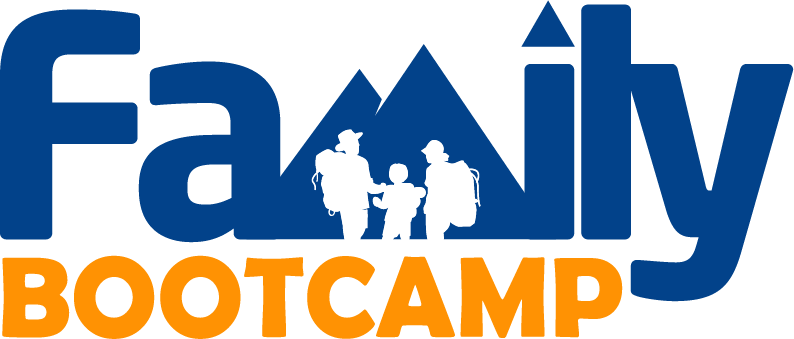What help is available for teens who have a video game addiction?
/More than ever before, many teens spend their time in front of a computer or television screen playing video games. Some skeptics question whether a video game addiction actually exists. Ask a parent with an addicted child and they will surely attest to the veracity of the addiction.
What is a gaming addiction?
While there is not a formal DSM diagnosis called “video game addiction” it can be classified as an impulse control disorder, and is very similar to pathological gambling. Video game addiction has also been referred to as video game overuse, excessive gaming, pathological or compulsive use of video games.
Many teens who are video game addicts use the Internet to access massively multi-player online role-playing games (MMORPGs). These games involve networks of individuals, all interacting with one another to play a game in an on-line virtual fantasy world. Similar to other addictions, teen gaming addicts use these games to associate with others through the Internet, as a replacement for authentic face to face human interaction, which many have been unable to find in their real life. Many teen gaming addicts develop an emotional attachment to on-line connections who they have never met in real life.
Recent studies on on-line gaming suggest that men and boys are more likely to become addicted to video games versus women and girls. The study found that nearly one in 10 youth gamers (ages 8-18) can be classified as pathological gamers or addicted to video-gaming.
How can I tell if my child has a video game addiction?
-Marathon gaming episodes-consistently playing longer than originally intended.
-Dishonesty with parents and others in an effort to hide the extent of their gaming.
-Obession with the Game.
-Using gaming as a sole means of finding satisfaction.
-Repeated, unsuccessful efforts to control, cut back or stop Game use.
-Feelings of restlessness, moodiness, depression, or irritability when attempting to cut down use of the Game.
-Loss of friends, school success and social activity because of gaming
-Using gaming to escape from problems and coping with feelings of hopelessness, guilt, anxiety and depression.
What help is available for gaming addiction?
There is help for teens struggling with a gaming addiction. Often times, professional treatment is needed. The Family Bootcamp program offers a five day wilderness expedition for teens and their parents that can be a great way to approach this problem and make changes to disrupt the addiction. See the Family Bootcamp website for the next expedition dates.

